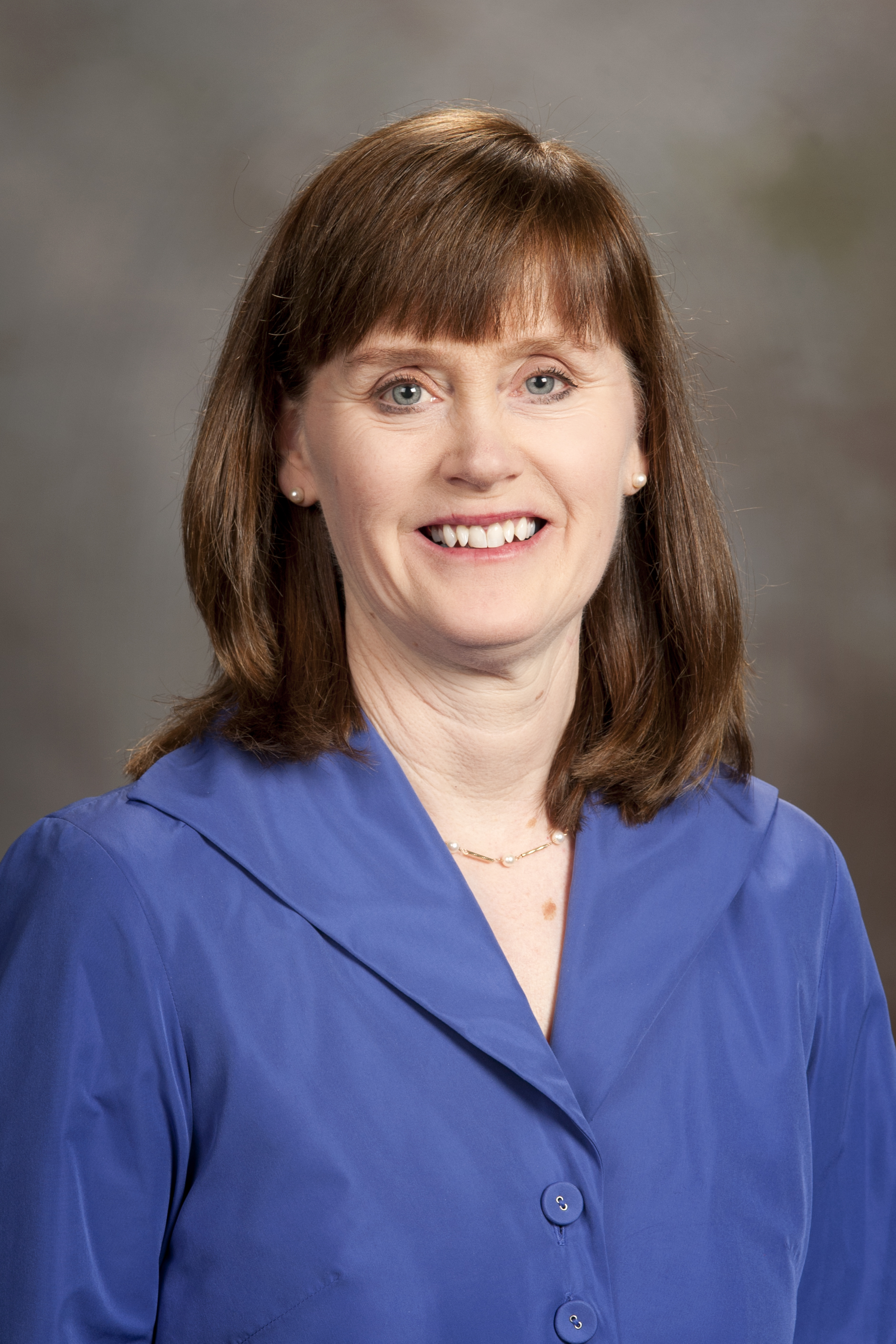Trudy Harrington Becker receives 2015 William E. Wine Award

Trudy Harrington Becker, senior instructor and associate chair in the Department of History in the College of Liberal Arts and Human Sciences at Virginia Tech, received the university's 2015 William E. Wine Award.
The William E. Wine Achievement Award was established in 1957 by the Virginia Tech Alumni Association in memory of William E. Wine, Class of 1904, who was a former rector of the Board of Visitors and alumni association president, to recognize teaching excellence. Following a college-level selection process of candidates nominated by students, faculty, and alumni, each college may put forth one nominee. Three faculty members are selected annually to receive this award by a committee representing all eight colleges at the university. Each Wine Award winner receives $2,000 and automatic induction into the Academy of Teaching Excellence.
A member of the Virginia Tech community since 1991, Harrington Becker has taught undergraduate classes at all levels, including the first-year experience course for history freshmen, the history senior seminar, as well as online and education-abroad courses for almost 20 years.
“As the long-time instructor of HIST 1024: Ancient History,” Mark Barrow, professor and chair of the Department of History, wrote in his nomination letter, “she provides more than 300 students each fall with an engaging introduction not only to the ancient world but also to the field of history more generally. Thanks to Trudy’s exceptional teaching skills, this class has become an important gateway course for recruiting new majors.”
As director of undergraduate studies in the Department of History, Harrington Becker serves as an official faculty advisor to about 50 history majors and helps many more students who regularly stop by for walk-in advising.
As co-chair of the department's Undergraduate Committee, she recently participated in a major multiyear overhaul of the history curriculum, the first in more than 20 years. Harrington Becker and her colleagues shepherded two new checksheets and nine new course proposals through the governance process.
Harrington Becker also has “been at the forefront of curricular reform and innovation,” wrote Barrow. “Recognizing the exciting possibilities afforded by online teaching early on, she developed courses that took full advantage of new technologies while maintaining rich, engaging, and rigorous educational experiences. And through a dozen papers at conferences, publications, and website contributions, she has shared her extensive pedagogical experience with the larger world.”
Harrington Becker won the College of Liberal Arts and Human Sciences’ Certificate of Teaching Excellence in 1998 and 2006 and the university's Alumni Award for Excellence in Teaching in 2007. She also received the College of Liberal Arts and Human Sciences Award for Excellence in Undergraduate Research Mentoring in 2011.
Two years ago, she shared with her husband, Andrew Becker, associate professor of Latin and ancient Greek languages, literatures, and cultures, her college's Award for Excellence in International Initiatives, and last year they shared the university's 2014 Alumni Award for Excellence in International Education. She is regularly named a Virginia Tech Favorite Faculty.
Harrington Becker received her bachelor’s degree at the College of the Holy Cross, master’s degrees from both the University of North Carolina at Chapel Hill and Virginia Tech, and a Ph.D. from the University of Florida.
Dedicated to its motto, Ut Prosim (That I May Serve), Virginia Tech takes a hands-on, engaging approach to education, preparing scholars to be leaders in their fields and communities. As the commonwealth’s most comprehensive university and its leading research institution, Virginia Tech offers 240 undergraduate and graduate degree programs to more than 31,000 students and manages a research portfolio of $513 million. The university fulfills its land-grant mission of transforming knowledge to practice through technological leadership and by fueling economic growth and job creation locally, regionally, and across Virginia.




